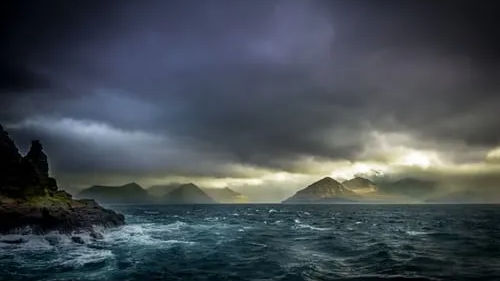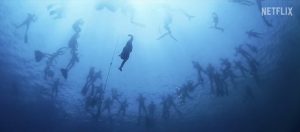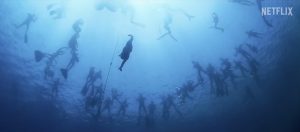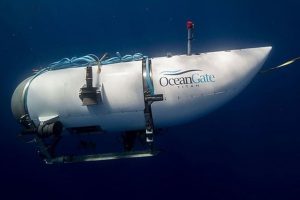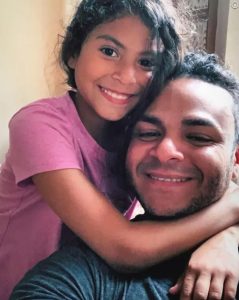Two men, Solomon Islanders, survived on coconuts, oranges and rainwater for 29 days before being rescued 400 kilometres (250 miles) away from where their journey began, off the coast of Papua New Guinea, AFP reported. They were travelling between islands when their seven-metre single 60 horsepower motorboat got caught in rough weather in the Solomon Sea on September 3.
Also read: Experts weigh in on cause of California oil pipeline leak
The two – Livae Nanjikana and Junior Qoloni – had planned to travel 200km south to the town of Noro on New Georgia Island. However, they lost sight of land in the heavy rain, thick dark clouds and strong winds and the battery in their GPS died and nightfall approached. They switched off their 60-horsepower engine to save fuel, Nanjikana told the Solomon Islands Broadcasting Corporation from the PNG district of Pomio on Friday.
“We have done the trip before and it should have been OK,” Nanjikana said, as per the Guardian reports.
Also read: Indian Ocean’s new volcano is bigger than the Empire State Building
For the first nine days, as per AFP, they lived on oranges they had packed for the trip. After running out of oranges, as per Nanjikana’s account, they survived on rainwater, coconuts “and our faith in God because we pray day and night.”
“We didn’t know where we were but did not expect to be in another country,” he added.
Collecting rainwater in a canvas bag, the two would power up their engine whenever they came across a floating coconut, racing to pick it up.
“After several days, because we prayed, God gave us this thought of constructing a device to sail. So we constructed a mast-like structure using paddles and canvas and set sail following the direction of the wind,” Nanjikana said.
The eventually sailed towards New Britain island in Papua New Guinea where they saw a fisherman in the distance
Also read: Watch | Indian Navy rescues Filipino sailor struggling to breathe mid-sea
“It was then that we shouted and continually waved our hands to the fisherman that he saw us and paddled towards us,” Nanjikana said.
As per the Guardian, the two had to be carried off the boat and to a nearby house on October 2 when they arrived in Pomio. They were assessed at a local health clinic
“I had no idea what was going on while I was out there. I didn’t hear about COVID or anything else. I look forward to going back home but I guess it was a nice break from everything,” Nanjikana said, as per the Guardian.

